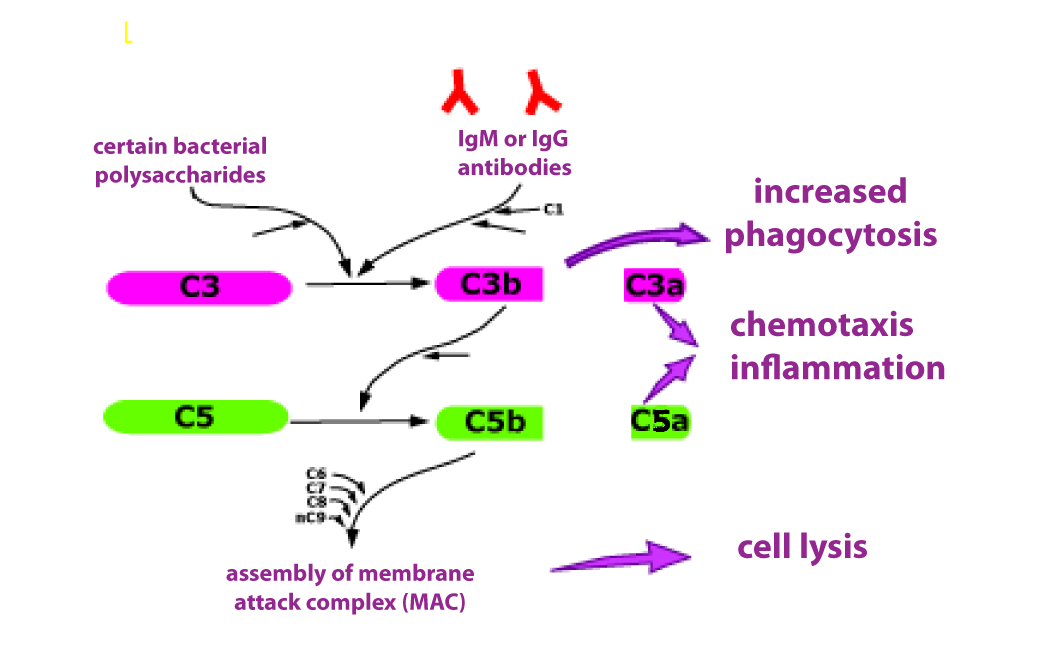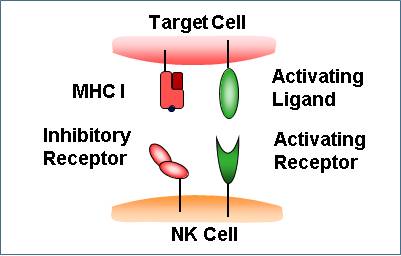Biological functions of complement
Complement shows various biological functions which are listed here below: 1. Immune adherence and opsonization This involves the covalent binding of complement proteins to the surface of microbial membranes. This opsonization or coating by complement proteins promotes adherence of the opsonized microbial components to the cell membranes of phagocytic cells. Phagocytic cells (macrophages, neutrophils) have … Read more



